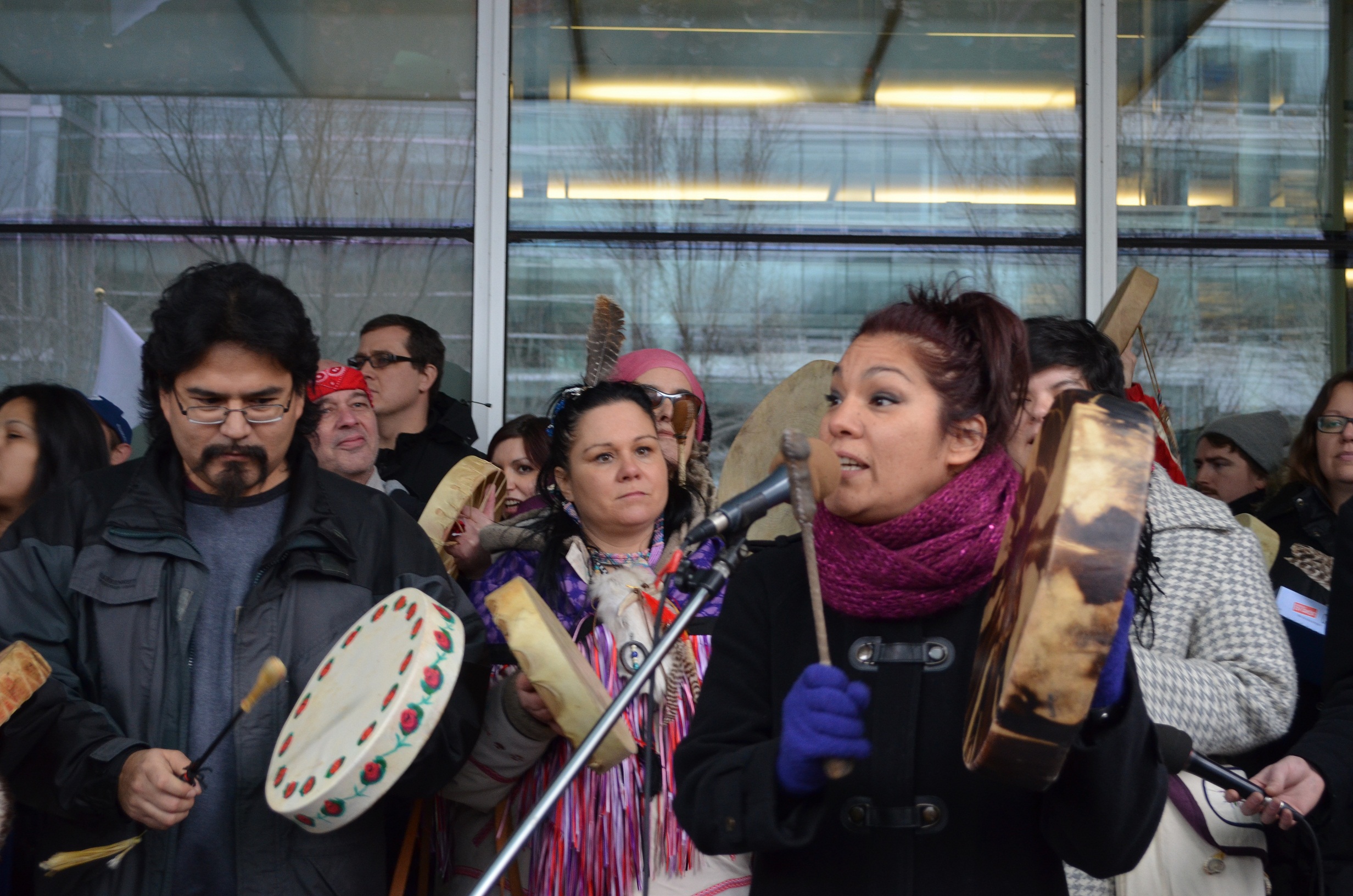In 2012, hundreds of thousands took to the streets to denounce a controversial policy and a government they were dissatisfied with. After 14 years of leading the Quebec Liberal Party, Jean Charest resigned.
In 2011, The Charbonneau Commission came to life, shedding light on alleged illegal awarding of municipal contracts in Montreal. Two mayors have since resigned due to allegations of corruption, and Montrealers are invited to the polls on Nov. 3 to initiate more change.
Voter turnout has reached record lows in recent years. In 2009, Gerald Tremblay was re-elected as mayor with only 39.4 per cent of Montrealers casting a ballot. However, as a result of the amount of attention that has been given to the scandals by the media,the city’s visibility has increased, so perhaps this time will be different.
Concordia Journalism professor, James Mclean, said that because candidates have used the corruption scandal as their central campaigning theme and due to increased media coverage of municipal affairs, the upcoming election voter turnout might be an anomaly.
“Usually what you get is political parties looking for a way of differentiating themselves from the other candidates, what we’re getting here is a great source of emotionality, this thick pride has been tarnished,” said Mclean.
“Having said that I’m not so sure how that’s being accepted and circulated among people who are 18 to 35.”
It’s been said that the younger generation is the most challenging to engage come election period. In the 2011 federal election, only 38.8 per cent of Canadians aged 18 to 24 cast a ballot, while 45.1 per cent of the 25 to 34 age group voted. Lack of interest in politics, lack of time, lack of information, and lack of confidence have been cited time and time again as justifications for the 18 to 35 age group to abstain from voting.
Mclean also said that because the municipal government collects most of its revenue through property taxes, and that people who are 18 to 35 for the most part don’t own property, it makes it so they don’t feel directly affected by municipal politics.
This may not be the right mentality for young eligible voters. Ever wonder why rent goes up every year? That’s because property taxes go up. Montreal’s commercial-to-residential ratio reached 4.40 per cent in 2013, compared to Vancouver at 4.35 per cent and Toronto at 4.07 per cent.
Alison Houle, an Anthropology major at Concordia University, said she hasn’t taken the time to look at the different candidates’ platforms since the beginning of the campaigns in September.
“I’m not optimistic about the ‘change’ that will happen when one of these candidates is elected,” she said.
“I feel as if temptation is too strong for those in office to do the right thing for the city, as opposed to the right thing for their pockets.”
That has been one of the biggest challenges of the current mayoral candidates: to gain voter confidence back. Whether or not they’ve succeeded in regaining public trust, and whether or not they deserve it has yet to be revealed.
The vast mobilization that occurred during the student movement demonstrated the power that younger generations have to shape change in the province of Quebec. Why not do the same at the municipal level?
Having the privilege to actually have influence over the city’s future shouldn’t be taken for granted. Everyone that is eligible should go out and vote. It’s important to take the time to get informed about the people who are competing to run our city. Political candidates need to appeal to the interests of young voters, but it’s also up to the younger demographic to mobilize over the issues that matter to them.
Those who choose not to vote shouldn’t be allowed to complain about the pitiful state of Montreal roads, the language issues, the costs of their parking tickets, and rent being high. There’s no guarantee things will improve with this new mayor, but we won’t know unless we try.
